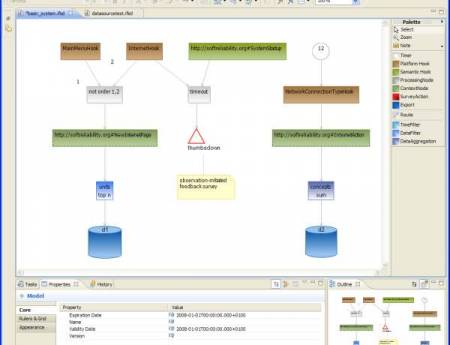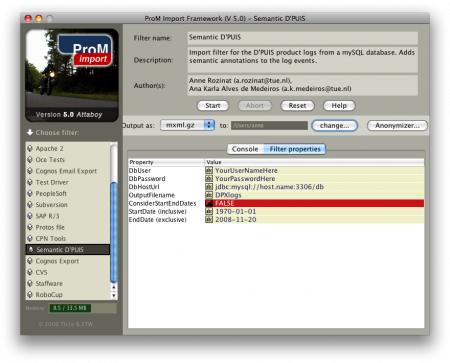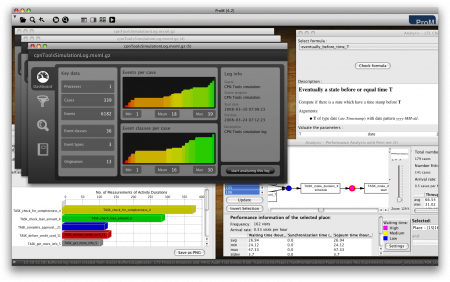In order to address Soft Reliability problems, we have developed methods and techniques to mainly solve information deficit problems: while products fail to satisfy customers who might in turn disregard or bring the products back to the shop, vendors do not know why customer dissatisfaction happened in the first place. The aim is to acquire meaningful information and feed that back to the stakeholders in the companies who can use this information to improve products.
In the past, attempts to cure the information deficit problem required huge effort to collect, process and analyze data which were often still not relevant and meaningful. This was also the reason why these techniques were not adopted easily so far. In contrast, we aim at a high degree of automation, which should take the burden from the stakeholders’ shoulders and provide structured data timely.
The Dynamic Product Usage Information System enables to collect usage data from the product directly. Black boxes are integrated into products and connected to company experts who analyze collected data from the product. Main advantages compared to similar approaches are:

Screenshot of the D’PUIS authoring environment
More information can be found here: The D'PUIS Framework
ProMimport is a tool that facilitates log conversion tasks in a plug-able architecture. It provides conversion filter for many real-life information systems and can be downloaded from the following web page http://promimport.sf.net.

Screenshot of the ProMimport tool converting D’PUIS logs
We also developed a plug-in to support the conversion of D’PUIS logs to the log format that can be analyzed by ProM, the process mining tool (see section below).
How to obtain: Download zipped JAR file (7.4 KB)
How to install: Choose Filter –> Load filter plugin... from the ProMimport menu and locate the unzipped JAR file. Press OK. Done!
ProM is the leading process mining toolkit. It is developed and maintained by the process mining research group in Eindhoven and can be obtained from the following website http://prom.sf.net/. The latest release ProM 5.0 contains more than 230 plug-ins and offers a wide range of analysis tools.

Screenshot of the ProM framework
Logs recorded via D’PUIS can be converted using ProMimport and then analyzed in ProM in many ways. Next to the standard process mining techniques, also semantic process mining techniques can be used, leveraging the semantic annotations of the D’PUIS logs.